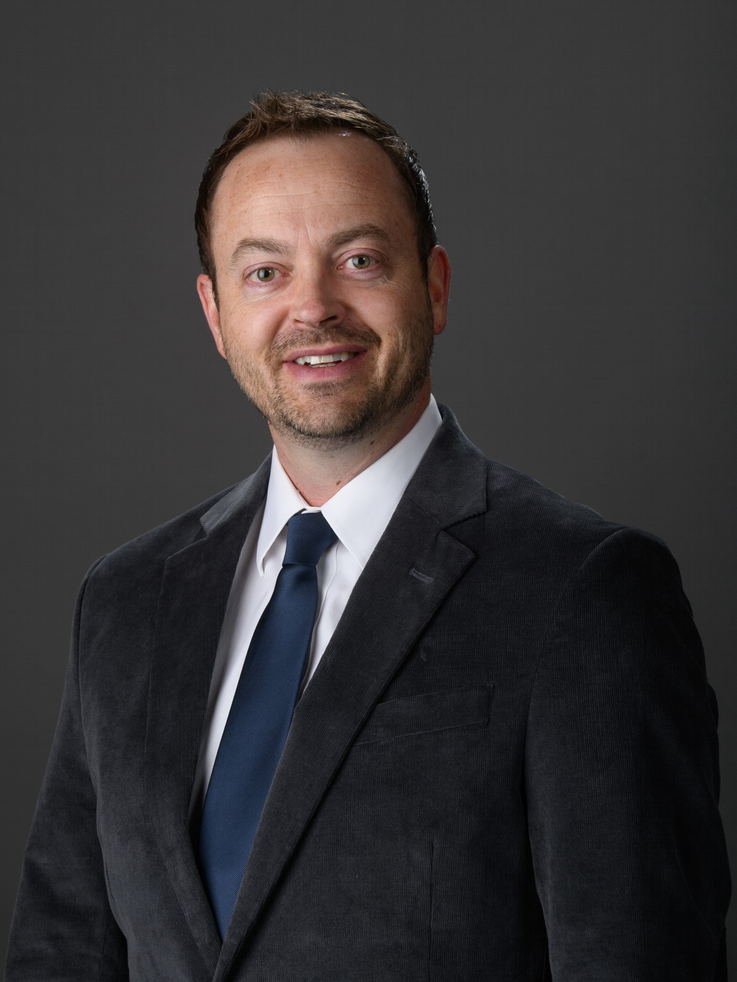Eberly, Room 322-F
724-357-4827
Degrees/Schools
PhD, Economics, Fordham University
MA, International Political Economy and Development, Fordham University
BBA, Information Systems, Texas Tech University
Haage School, The Netherlands, Certificate in International Business Studies
Areas of Expertise
Applied Microeconomics, Labor, Development, and Health Economics
Biography
Brandon Vick is a professor of economics at Indiana University of Pennsylvania and has been a research associate with the Administration and Leadership Studies Research and Training Center (ALS-RTC) since 2017. His current work focuses on measuring improvements in the Pennsylvania criminal justice system and costs associated with various forms of victimization. Recent reports include an analysis of county recidivism trends, estimates on the economic costs of firearm injuries (both accidental and by assault), and the effects of the COVID pandemic on state-wide violent crime and victimization trends. Previous research has focused on measuring economic disparities (i.e., poverty or earnings) faced by certain groups of people: people with disabilities, people with severe psychiatric disorders, and veterans reintegrating into civilian life.
In his 2022 report on the cost of non-fatal firearm injuries, Vick found that while the average hospitalization and treatment costs for a firearm assault was $34,100 between 2016 and 2021, overall economic costs (including lost work and lower quality of life) were over $220,000, on average. In 2020, the total costs associated with non-fatal firearm injuries (over 2,300 altogether for PA) was $455 million.
Another paper, published in Social Science Research in 2020, found that male veterans make 9 percent less than non-veterans, while female and black veterans experience a wage premium (2 percent and 7 percent, respectively) over similar non-veterans. Another study measures poverty and health outcomes and compares them across various groups of veterans by branch, length of service, and combat experience. More on Vick’s research can be found here.
Vick has a decade of teaching experience across elementary, high school, continuing education, and university settings. He currently teaches Economics of Crime, Labor Economics, and Health Economics. He is a former Peace Corps volunteer, an experience that led him to become an economist focusing on personal and economic development.